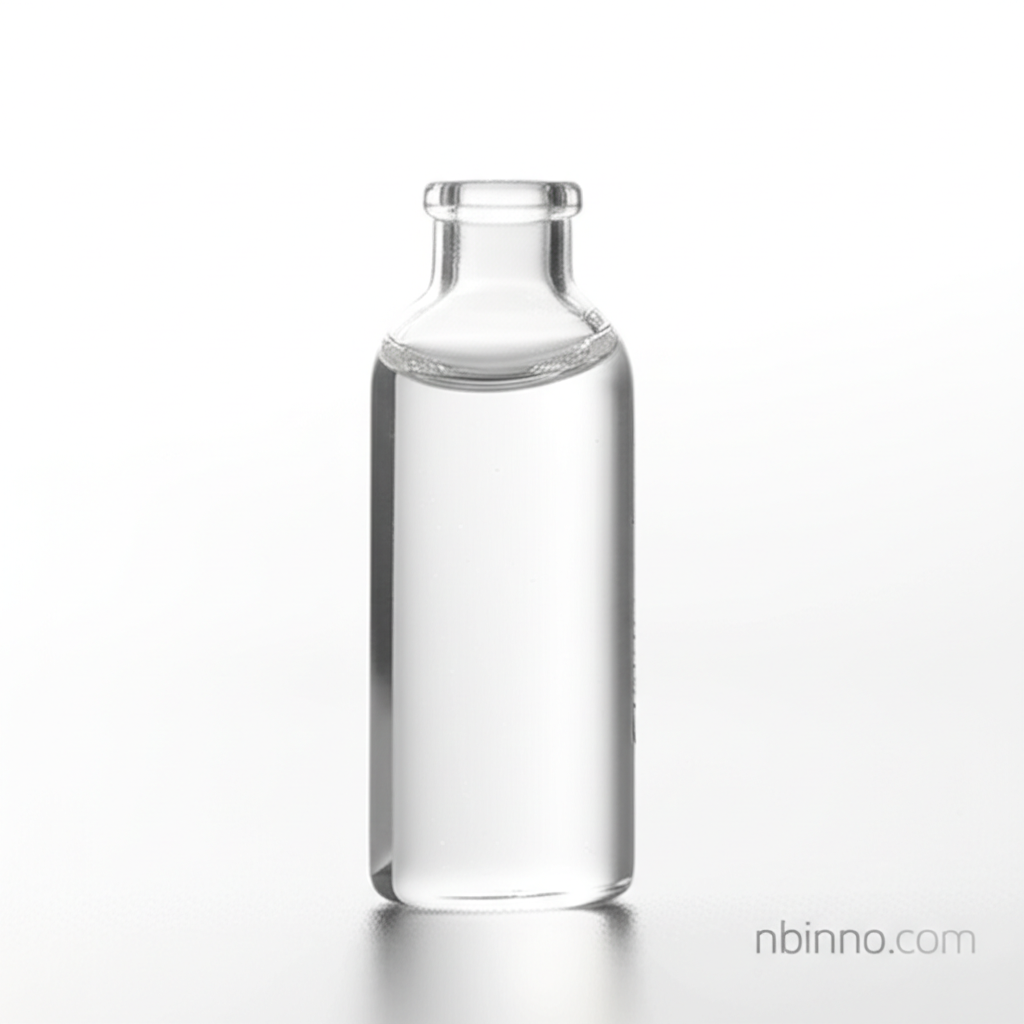Enhance Inorganic Material Properties: A Guide to Decyl(trimethoxy)silane
Discover how n-decyltrimethoxysilane revolutionizes surface modification for superior water-proof and mechanical performance.
Get a Quote & SampleProduct Core Value

Decyl(trimethoxy)silane
Decyl(trimethoxy)silane is a versatile organosilane primarily functioning as a surface modifier and coupling agent. Its ability to form covalent bonds with inorganic surfaces containing hydroxyl groups significantly improves their integration with organic materials. This leads to enhanced water-proof capabilities and superior mechanical properties, making it invaluable across various industries seeking to optimize material performance.
- One key benefit of using Decyl(trimethoxy)silane is its role in improving the blending of inorganic materials with organic matter, leading to more cohesive and durable composites.
- The n-decyltrimethoxysilane surface modifier is also critical for enhancing water-proof properties, crucial for applications requiring resistance to moisture ingress.
- As a silane coupling agent, it greatly improves the mechanical property of treated products, offering better strength and resilience.
- Its application extends to preparing fog-proof glass surfaces, a vital feature for optical instruments and safety glazing.
Key Advantages Offered
Enhanced Material Compatibility
By acting as a coupling agent, decyl(trimethoxy)silane bridges the gap between inorganic and organic materials, improving overall composite performance and application feasibility.
Superior Waterproofing
The n-decyltrimethoxysilane treatment imparts excellent water-repellent characteristics, safeguarding materials from water damage and degradation.
Improved Mechanical Strength
Treatment with this silane coupling agent results in enhanced mechanical properties, including better adhesion, tensile strength, and durability.
Key Applications
Surface Treatment of Inorganic Materials
Decyl(trimethoxy)silane is primarily used to treat inorganic materials like glass, silica, Al2O3, kaolin, and talc, enhancing their compatibility with organic polymers and coatings.
Glass and Optical Component Protection
It plays a crucial role in the fog-proof preparation of glass, protecting optical components and instruments from moisture and fogging.
Preservation of Historical Artifacts
The water-repellent properties of this silane are vital for protecting historical relics, especially outdoor ones, from corrosion, freeze-thaw cycles, and efflorescence.
Enhancement of Composite Materials
By improving the blend properties and water-repellency, it significantly enhances the mechanical performance of various composite materials.
